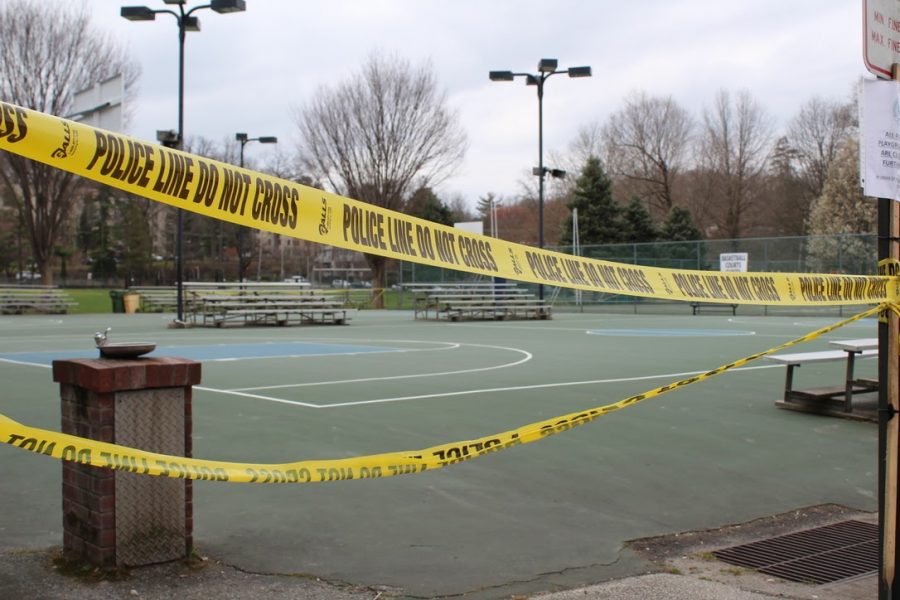7 Misconceptions About the Coronavirus
What we know about COVID-19 is constantly changing, making it easy for false information to spread. Let’s debunk a couple of commonly-held misconceptions about the coronavirus.
1. Antibiotics will kill it.
COVID-19 is a virus, not a bacterium. Antibiotics only work against living organisms, like bacteria. Viruses are much smaller than bacteria and are not considered alive, because they require a host to survive and reproduce. To treat viral infections, antiviral medications can be effective in making the virus unable to reproduce in its host. Researchers in the U.S. and abroad are currently working to try to develop an antiviral medication to combat COVID-19.
2. It’s not safe to touch my package that arrived from Italy.
A new study closely examined how long the coronavirus is able to live on different surfaces. The virus can live for up to three days on plastic and stainless steel, but only for 24 hours on cardboard, they found. So you shouldn’t worry about the cardboard box being contaminated unless your package made it here in under 24 hours, and you shouldn’t worry about the contents unless your package arrived in under three days. If the courier delivering your package was infected, however, it is possible that the virus could be on the cardboard surface.
3. If I’m not experiencing any respiratory symptoms, I don’t have the coronavirus.
Most infected adults experience respiratory symptoms like coughing, wheezing, or shortness of breath. For people under 18, however, the symptoms may more closely resemble those of just a regular flu. A recent study in the journal Pediatrics examined around 2000 children in China who had the coronavirus, and the researchers found that most had mild flu symptoms but that few of the children experienced shortness of breath. It appears that most youth with the coronavirus have much milder respiratory symptoms than adults.
4. If I don’t feel sick, I don’t have the coronavirus.
Scientists are increasingly worried about people who are infected with the coronavirus but experience few to no symptoms at all. These people could go about their daily routines unknowingly spreading the virus to others, who may experience a much more serious reaction to COVID-19. For the safety of others, it is best to practice social distancing even if you feel healthy.
5. A “shelter-in-place” order means no one can leave their home.
California recently issued a statewide shelter-in-place order, and some people suspect a Pennsylvania or even national shelter-in-place order is on the horizon. The term, however, doesn’t imply much more than what most Harriton students are already doing: staying home except for essential activities, and avoiding all gatherings. People are still welcome to go outside for running or biking, and it is still permitted to visit the grocery store and the pharmacy. The California order states that violations could be punishable by fine or imprisonment, but the San Francisco Police Department told TIME Magazine that enforcing the ban with those punishments would only be a “last resort.”
6. The empty shelves at the store means the food supply chain is in trouble.
Most grocery stores are temporarily out of apocalypse staples like beans, peanut butter, and toilet paper, but farmers have repeatedly assured reporters that the supply chain is not in danger. America’s farms are still producing plenty of food (farms are considered “essential” businesses and are allowed to remain open, like grocery stores), and the shortages are only temporary.
7. If I suspect I have the coronavirus, I should get tested.
The U.S. has a major shortage of tests, and the latest recommendation from some experts is to only give tests to people whose treatment depends on the result of the test. This could be an elderly person who will need a ventilator, for instance, or someone with lung disease whose condition needs to be monitored in the hospital. Knowing a patient has the virus allows the hospital staff to follow the proper sanitation protocols to keep the workers and other patients safe. If you do not have any pre-existing conditions and are under 60, health care professionals are asking that you simply stay at home if you suspect you have the virus.

Amélie Lemay '20 hopes to keep the Harriton community up-to-date on all things science and tech. She was a staff writer in 9th grade and an assistant...



Ms Vogel • Mar 25, 2020 at 7:41 am
Thanks for sharing these helpful tips and explaining the common misconceptions!